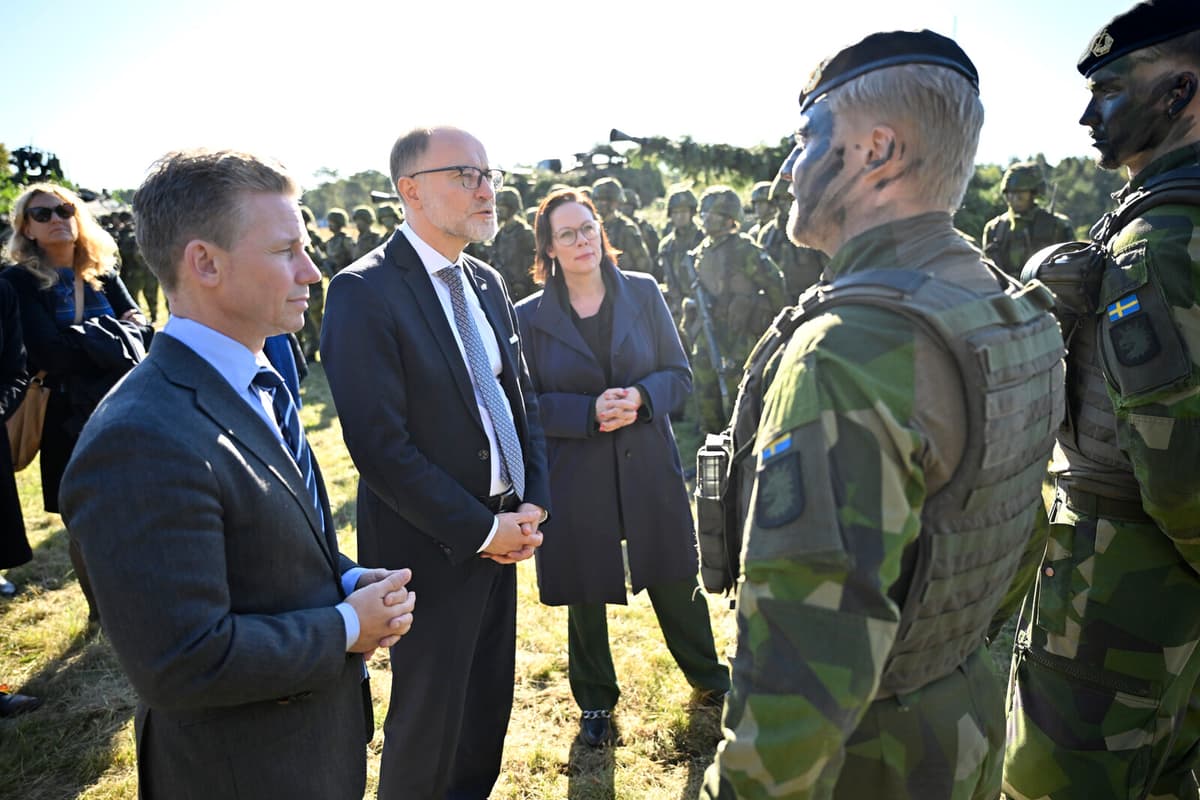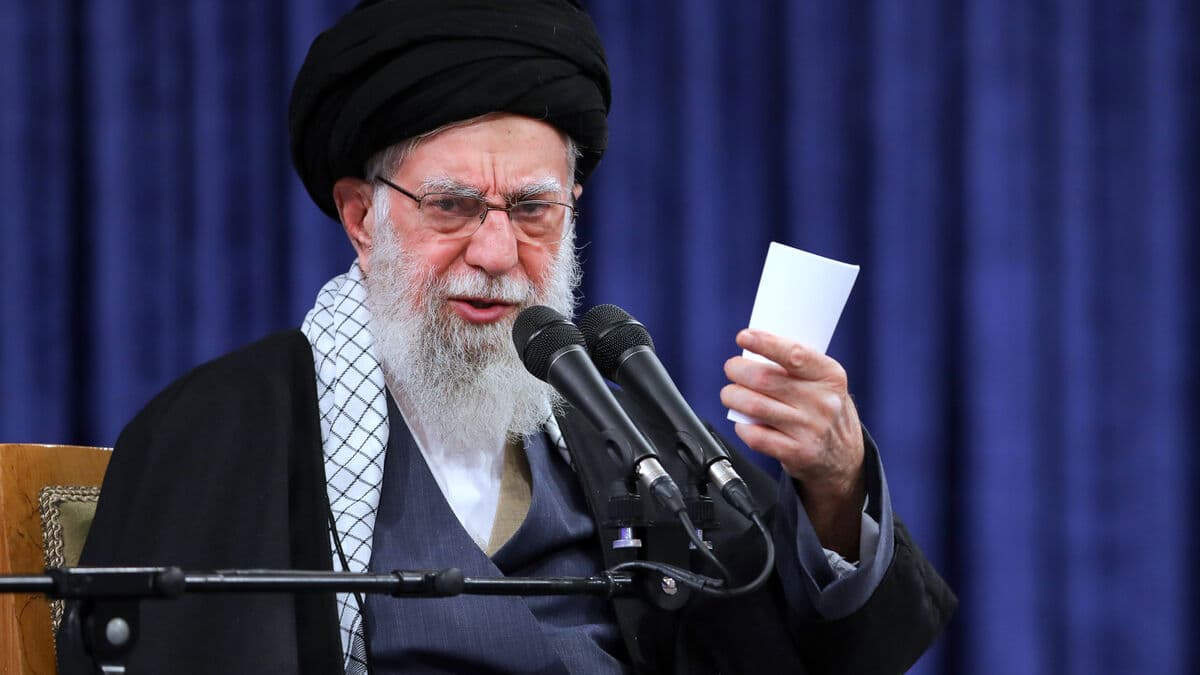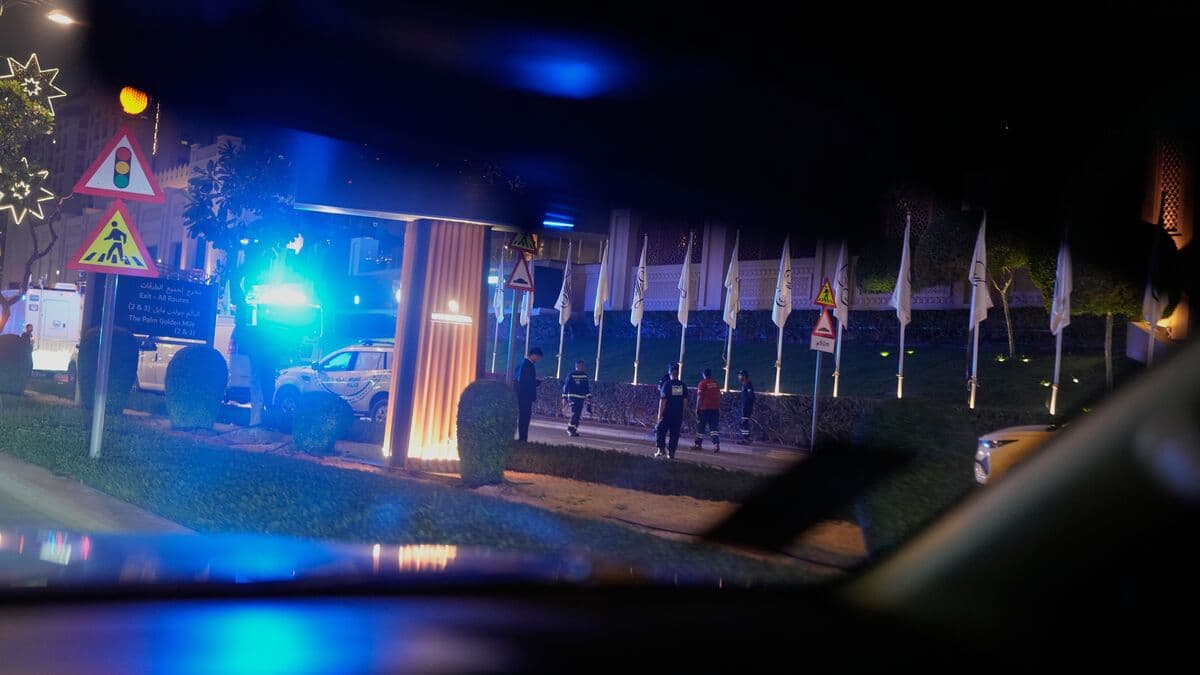We are very pleased to receive you in Latvia, he says to the standing soldiers.
The bonds between Sweden and Latvia are already so tight that it's almost impossible to get closer, he thinks, but this gives a new, military dimension.
This deepens our relationship even more.
Reduced battalion
It's about a reduced battalion of around 600 people who, among other things, bring Stridsfordon 90, motorized parts, tanks, and grenade launchers. The Swedish battalion will be part of a multinational brigade, led by Canada.
We will do everything required of us as host nation, says Spruds.
He points out that his country spends three percent of its GDP on defense.
We are developing our infrastructure, and of course, infrastructure adapted for brigade-level exercises.
The presence of Swedish soldiers strengthens not only Latvia's security, he emphasizes, but also that of the defense alliance Nato as a whole.
We realize that we live in a world with great challenges. We will support Ukraine, we will limit and counter Russia, which is an aggressive country, and we will strengthen regional security and Nato together.
"Important for Nato"
The multinational force is important for Latvia, but also for Nato, which can here practice its ability to use troops from different Nato countries together, he highlights.
The battalion is facing an autumn with intense preparations.
Now the companies are building up their capabilities. What we do for the rest of the autumn is to put the system together in the battalion and train as a battalion, says battalion commander Henrik Rosdahl.
The Danish and Swedish defense will alternate every six months to man the military base in Adazi outside Riga in Latvia.
At the turn of the year, a reduced battalion with soldiers and officers from the South Scanian Regiment, P7, will be sent.
The Scanian battalion will become part of a multinational force in Latvia, under Canadian leadership.
The force in Latvia is part of what is called Nato Forward Land Forces (FLF). In 2017, such forces were established in the three Baltic states and Poland.
After Russia's full-scale invasion of Ukraine in 2022, Nato decided to build up such forces also in Bulgaria, Hungary, Romania, and Slovakia.
Sources: The Swedish Armed Forces and Nato






